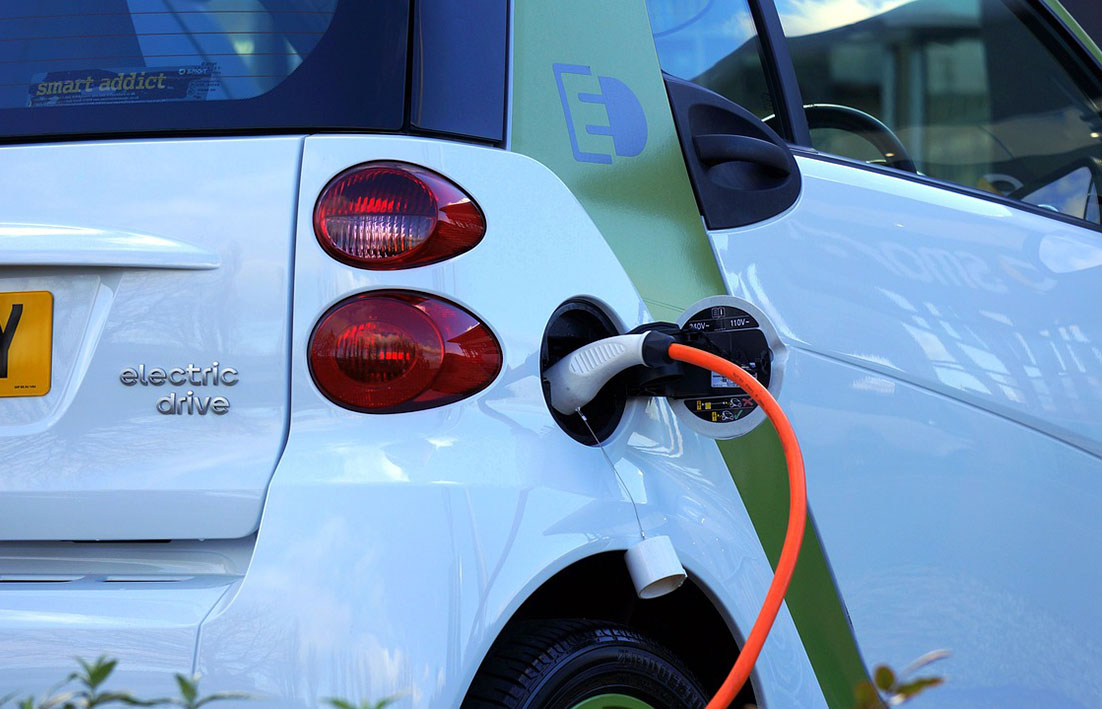
WHILE some local governments are just starting down the electric vehicle path the City of Swan says almost 40 per cent of its light fleet and utility vehicles are already hybrid or electric.
Recently WALGA said 22 local governments committed to spending $7.68 million to roll out 129 battery electric vehicles to replace existing petrol and diesel vehicles.
The Australian Renewable Energy Agency (ARENA) provided $3.51m and the state government $1m to provide charging infrastructure and energy upgrades.
City of Swan Mayor Tanya Richardson said the city was committed to supporting a transition to clean energy supply that maintained affordability and reduced emissions.
“Part of our strategy is introducing electric vehicles to our fleet and improving access to charging infrastructure,’’ she said.
“The city was one of two local governments to take part in Australia’s first electric vehicle trial in 2010.
“Almost 40 per cent of our light fleet and utility vehicles are already hybrid or electric.
“We are currently trialling the new generation of plugin hybrid electric vehicles (PHEV).
“If the trial is successful and provides a benefit to our ratepayers, it is likely that PHEVs will make up more of our fleet.”
The Eastern Metropolitan Regional Council, City of Kalamunda and shires of Mundaring, and Northam were among the local governments to benefit from the funding support, which WALGA said they had been working with local governments for nearly two years to develop.
WALGA President Karen Chappel said the project showed what was possible when governments and WALGA work together.
“This project, through aggregating procurement, will accelerate our local governments being able to transition their fleets to battery electric vehicles, providing cost effective solutions.
“For non-metropolitan local governments, this project is particularly important as the funding of power infrastructure upgrades will allow them to short circuit what would otherwise have been a difficult process,’’ Ms Chappel said.